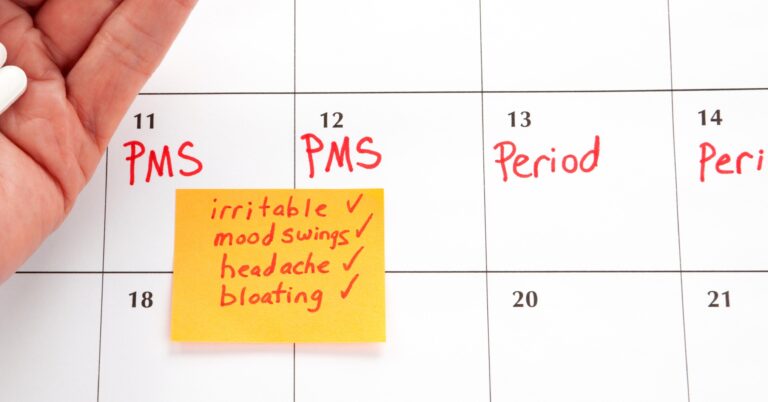5 Morning Habits That Spike Your Cortisol Without Realizing
Mornings set the tone for your entire day, but some seemingly “healthy” habits might actually be doing more harm than good. If you wake up feeling anxious, wired, or exhausted by noon, your morning cortisol levels could be the culprit. Cortisol, often referred to as the “stress hormone,” naturally rises in the early hours to help you wake up. However, when it spikes excessively or remains elevated, it can lead to irritability, fatigue, belly fat, poor focus, and even hormonal imbalances.
Dr. Nicole LePera, a holistic psychologist and author, explains that a sharp cortisol spike early in the day can disrupt your stress response for several hours. The key is to achieve balance, rather than extremes.
Here are five surprisingly common morning habits that might be spiking your cortisol levels without you even realizing it. Instead, learn what to do instead.
1. Chugging Coffee on an Empty Stomach
That early cup of coffee might feel like a lifesaver, but it can cause cortisol levels to spike when consumed on an empty stomach.
Caffeine, as explained by Dr. Mark Hyman, a functional medicine expert, stimulates the adrenal glands, potentially amplifying your natural cortisol surge. This can result in heightened jitters, heightened anxiety, and subsequent energy slumps.
Instead, drink water first. Have a protein-rich breakfast before your coffee or switch to matcha or green tea, which provides a gentler caffeine dose with calming L-theanine.
2. Hitting Snooze Multiple Times
Snoozing in short bursts of 5 to 10 minutes may seem harmless, but it can disrupt your natural cortisol rhythm and confuse your brain.
Sleep researcher Dr. Matthew Walker notes that each snooze cycle disrupts REM sleep and triggers the release of stress hormones.
What to do instead:
Wake up with your first alarm. Place your phone or alarm across the room to force movement. Try a sunrise alarm clock for a more gentle wake-up experience.
3. Scrolling Social Media Immediately
Checking your email or social media feeds before even getting out of bed can flood your brain with dopamine hits and comparison triggers, which can elevate stress hormones and set a reactive tone for the day.
“Doomscrolling first thing trains your brain to expect stress,” says Dr. Caroline Leaf, cognitive neuroscientist. “It activates your fight-or-flight response before you’ve even moved.”
What to do instead:
Start your day with a 30-minute digital-free buffer. During this time, engage in activities like stretching, journaling, or simply savoring a glass of water in silence.
4. Skipping Breakfast or Eating Refined Carbs
Skipping breakfast or grabbing a sugary donut causes blood sugar to spike and crash, prompting your body to release more cortisol to stabilize energy.
“A high-carb, low-protein breakfast is a cortisol disaster,” warns Dr. Sara Gottfried, author of The Hormone Cure. “It leads to cravings, anxiety, and insulin resistance.”
What to do instead:
Eat within 60–90 minutes of waking. Aim for protein + fiber + healthy fats (like eggs, oats with nut butter, or a smoothie with greens and collagen).
5. Jumping Straight Into Work Mode
Transitioning from pillow to productivity without any mental cushion can lead to heightened stress levels and increased cortisol production, particularly when your brain is still in the “wake-up” phase.
Dr. Andrew Huberman, a neuroscientist at Stanford, explains that our minds need time to gradually transition from sleep to cognitive performance.
Instead, allocate 10 to 20 minutes for intentional transitions. During this time, engage in activities like stretching, walking in sunlight, or journaling your thoughts. These activities support a healthy cortisol awakening response (CAR).
The Science Behind Morning Cortisol Spikes
Cortisol naturally follows a diurnal rhythm, rising between 6 and 9 a.m. It peaks shortly after waking and gradually falls throughout the day.
Certain lifestyle triggers can amplify that peak, leading to dysregulation. A 2023 review published in Psychoneuroendocrinology found that chronic elevation of morning cortisol is associated with:
- Increased belly fat
- Higher risk of anxiety and depression
- Weakened immune response
- Disrupted menstrual cycles in women
How to Start the Day Calm and Balanced
- Step into natural light within 30 minutes of waking—supports natural cortisol rhythm
- Hydrate first—flushes cortisol and supports adrenal function
- Prioritize protein—stabilizes blood sugar and reduces stress spikes
- Practice mindfulness—even 5 minutes of breathwork or gratitude helps
- Move gently—a walk or stretch lowers baseline cortisol over time
Your morning habits can either align with your hormones or exacerbate stress before your day even starts. By identifying and modifying these five prevalent behaviors, you can establish a foundation for calm energy, enhanced focus, and improved hormonal equilibrium.
“It’s not about being perfect it’s about creating patterns that tell your body it’s safe,” says Dr. LePera.
Small tweaks can have a big impact. Let your mornings become a launchpad for better health, not hidden stress.






